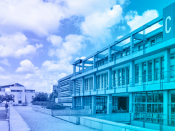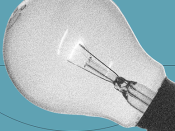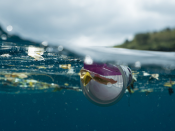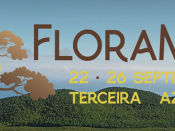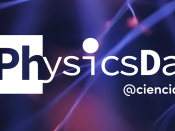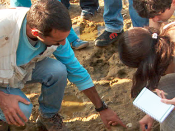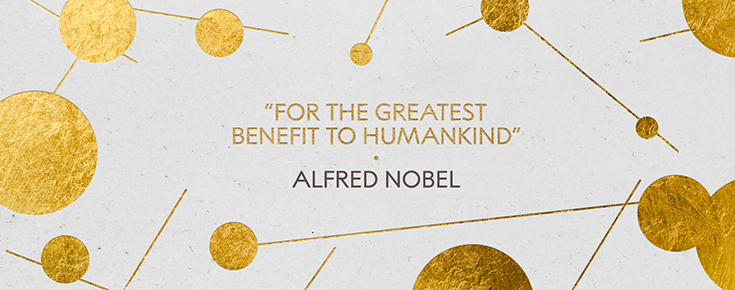
Por José Manuel Rebordão.
From the Press release
“… for groundbreaking inventions in the field of laser physics”.
The inventions being honoured this year have revolutionised laser physics. Extremely small objects and incredibly rapid processes are now being seen in a new light. Advanced precision instruments are opening up unexplored areas of research and a multitude of industrial and medical applications.
Arthur Ashkin invented optical tweezers that grab particles, atoms, viruses and other living cells with their laser beam fingers. This new tool allowed Ashkin to realise an old dream of science fiction – using the radiation pressure of light to move physical objects. He succeeded in getting laser light to push small particles towards the centre of the beam and to hold them there. Optical tweezers had been invented. A major breakthrough came in 1987, when Ashkin used the tweezers to capture living bacteria without harming them. He immediately began studying biological systems and optical tweezers are now widely used to investigate the machinery of life.
Gérard Mourou and Donna Strickland paved the way towards the shortest and most intense laser pulses ever created by mankind. Their revolutionary article was published in 1985 and was the foundation of Strickland’s doctoral thesis. Using an ingenious approach, they succeeded in creating ultrashort high-intensity laser pulses without destroying the amplifying material. First they stretched the laser pulses in time to reduce their peak power, then amplified them, and finally compressed them. If a pulse is compressed in time and becomes shorter, then more light is packed together in the same tiny space – the intensity of the pulse increases dramatically. Strickland and Mourou’s newly invented technique, called chirped pulse amplification, CPA, soon became standard for subsequent high-intensity lasers. Its uses include the millions of corrective eye surgeries that are conducted every year using the sharpest of laser beams.
José Manuel Rebordão
Investigador Coordenador, FCUL.
“Licenciado” in Physics in 1978 (FCUL), PhD (Doctorat d’Etat) in Physics / Optics in 1983 (Univ. of Strasbourg), “Agregado” in Physics in 1993 (ULisboa), joined INETI in 1979 and FCUL in 2009 - having been FCUL invited professor since 1985, dealing with courses in optics, lasers and remote sensing, in the area of Physics Engineering).
His scientific activity has focused on the applications of light (encompassing development of instrumentation, image processing and processing pipelines) in optical metrology, optical security, remote sensing, defence and space. His main topics of research have been holography, optical satellite autonomous navigation, simulation of complex focal planes in optical instruments (e.g., ESA-GAIA), multiple-aperture optical systems and coherence imaging.
He has been national delegate to ESA Industrial Policy Committee for 10 years after Portugal membership in 2000, as well as to other European committees in defence R&D.
He has been coordinator of LOLS (the Laboratory of Optics, Lasers and Systems, both at INETI and at FCUL), Vice-dean of FCUL (2009-2018) he is, currently, President of FCiências.ID, President of the Physics Department of FCUL and coordinator of the PhD in Physics Engineering.


